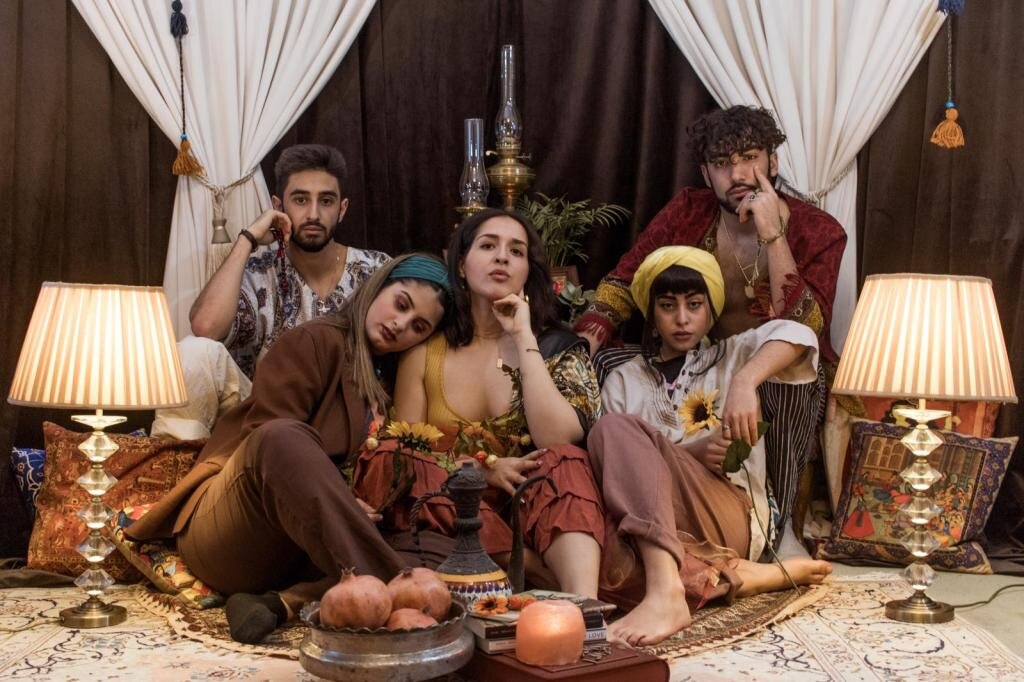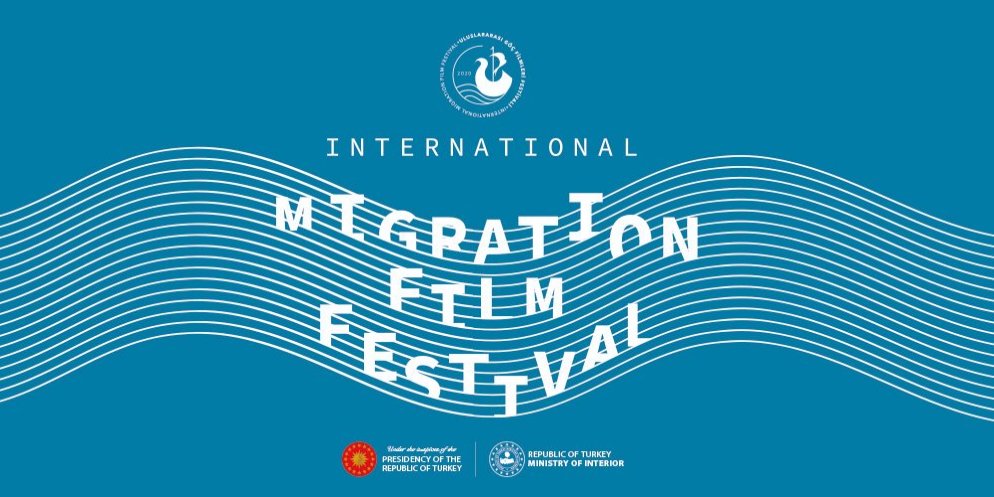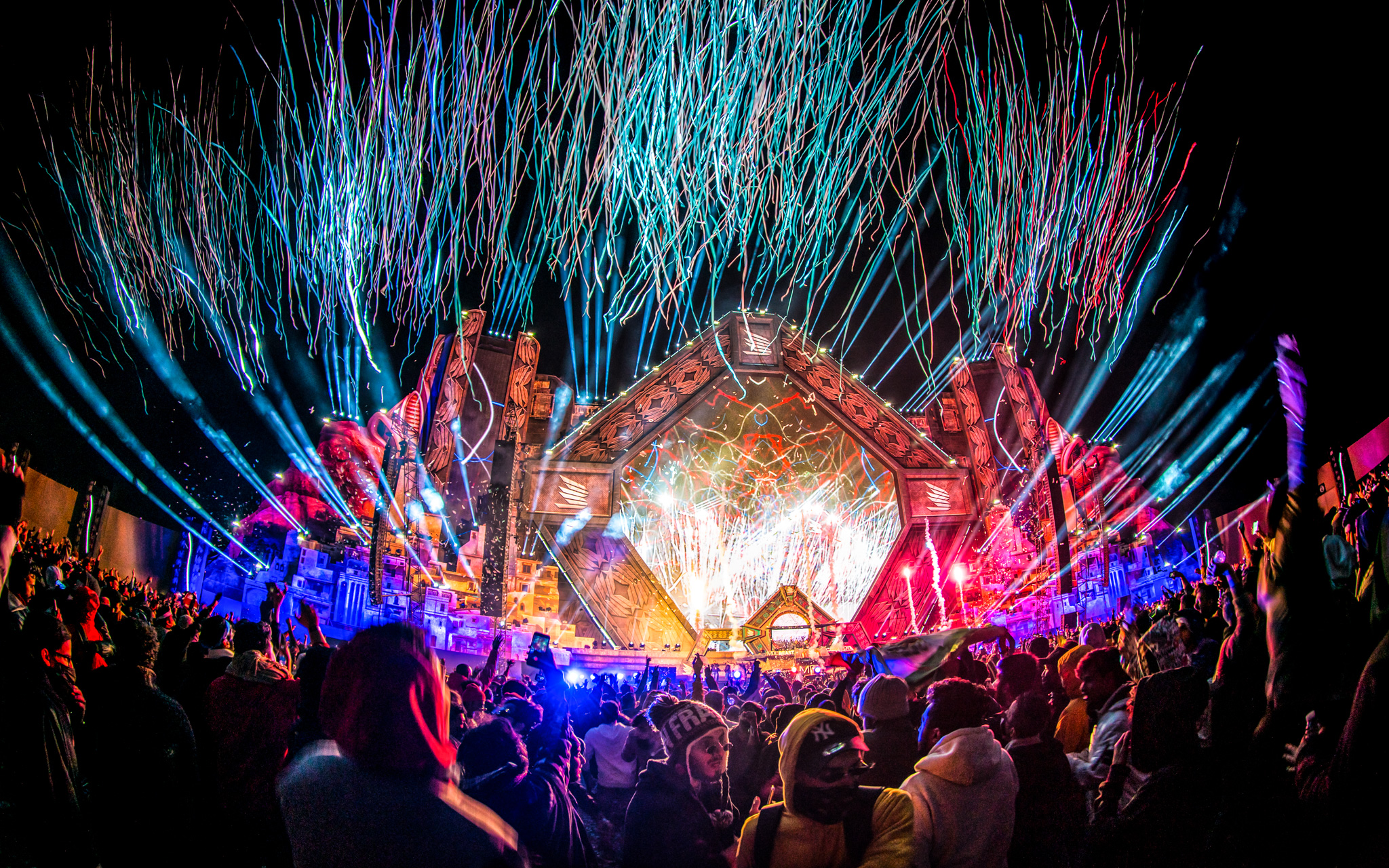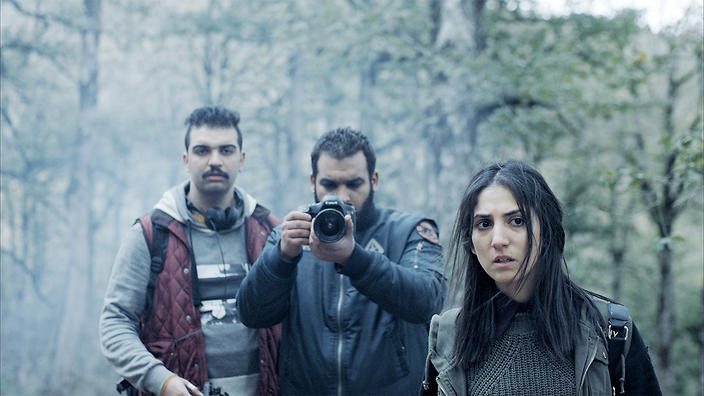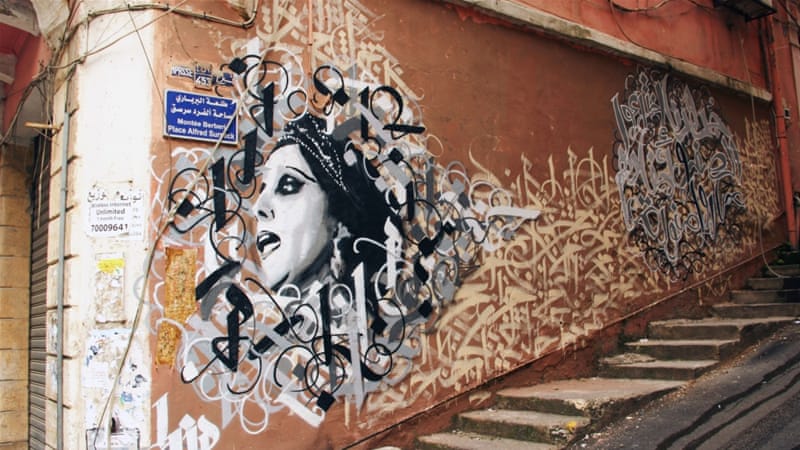The Sharjah Art Foundation, in collaboration with Habibi Collective, will host a series of virtual film screenings throughout June. The project will highlight the work of female filmmakers from across the MENA region and consist of a diverse array of short films, features, documentaries, and experimental movies.
Habibi Collective
Started by Roision Tapponi in 2018, Habibi Collective is a digital platform dedicated to archiving and promoting female filmmaking in the MENA. The daughter of an Iraqi father and Irish mother, Tapponi grew up in rural Ireland. She started the project following her realization that the mainstream films she watched lacked representation of Arab women and narratives that surrounded her during summers spent visiting family in Iraq.
Habibi Collective hosts its content on Instagram, making it free and highly accessible. The account currently has over 10,000 followers and prior to the outbreak of coronavirus had hosted film screenings for fans in London. Bringing the online community together in-person creates a space for dialogue and the further diffusion of the female-made films featured on the page, according to Tapponi.
Highlighting the diversity of Arab cultures and experiences
In 2020, the majority of mainstream media representations of Arab characters and culture remain deeply rooted in negative stereotypes that typecast Arabs as one-dimensional, simple figures. Entrenched in orientalist understandings of the MENA region, the men are cruel, weak-minded terrorists and the women either oppressed and voiceless, struggling against restrictive cultural norms, or exotic, muted subjects of the Western male gaze.
These stale representations deprive characters of their humanity and ignore the rich diversity of Arab experiences. By painting the region as a monolithic entity, the unique culture and history of the countries that make up the MENA, and the sub-regions within it, are dismissed.
In addition to ignoring cultural specificity, Arab characters in mainstream media are almost exclusively Muslim, contributing to the false assumption that to be Arab is to be Muslim. The experiences and histories of the region’s many religions, including Judaism and Christianity, deserve to be acknowledged, shared, and celebrated.
History of silencing
Media produced in the West has a long history of silencing or “othering” Arab characters and culture. The Palestinian-American postcolonial scholar Edward Said developed the theory of “Orientalism,” used to describe the process of “othering” the Orient (Asia and the MENA region), in his 1978 book by the same name. According to this theory, 19th century Western literature and art reduced Arabs to uncivilized and idle “others” imbued with a sort of mysticism.
The lure of the “exotic” led many who had never visited the region to create inaccurately imagined representations of “The East.” The lack of genuine interaction or exchange further contributed to constructions of the Orient as a passive subject of Western construction. It is this lack of dynamic exchange and passiveness that this sits at the heart of today’s simplistic misrepresentations of Arabs in mainstream media.
In 2015, artists hired to make scenes on the program “Homeland” “more authentic,” via the addition of Arabic graffiti, deviated from script to include the phrase “Homeland is racist.” That the producers did not notice the change, which only came to light when the show aired, further highlights the problems of the continued portrayal of the MENA region by those who do not understand the cultures and languages of the Middle East.
This flattening of Arab culture and specificity is similarly present in the 2019 Netflix series “The Spy” when the supposedly Syrian shopkeepers speak in Moroccan Darija (the country’s Arabic dialect) and not the Levantine dialect spoken in Syria. The program was filmed in Morocco.
The work of Habibi Collective and its partnership with Sharjah Art Foundation to bring Arab voices, particularly those of women, to a broader audience is an important step in reversing the trend of speaking of, instead of hearing from, Arab characters and creators.

